The School Evaluation Process: How to Get Formal Assessments and Appropriate Services
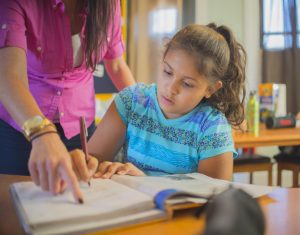 Is your child eligible for a school evaluation for ADHD or a learning disability? If they are struggling with learning, behavior, or academic skills, the answer is probably “yes.” Understand how to get your child a meaningful evaluation and the important first step to securing the school services and supports your child requires. Read more ›
Is your child eligible for a school evaluation for ADHD or a learning disability? If they are struggling with learning, behavior, or academic skills, the answer is probably “yes.” Understand how to get your child a meaningful evaluation and the important first step to securing the school services and supports your child requires. Read more ›
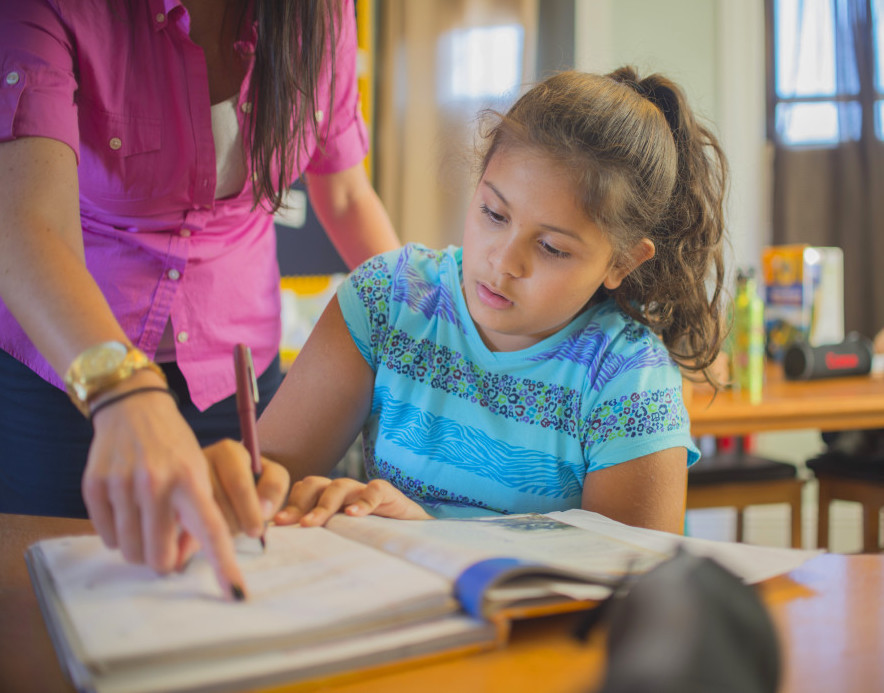

 If your child has had an IEP or a 504 plan in high school, you’ve been able to play a role in the process. You’ve had access to the people who are providing supports and services. And you’ve been able to monitor how well those supports are being implemented.
If your child has had an IEP or a 504 plan in high school, you’ve been able to play a role in the process. You’ve had access to the people who are providing supports and services. And you’ve been able to monitor how well those supports are being implemented. 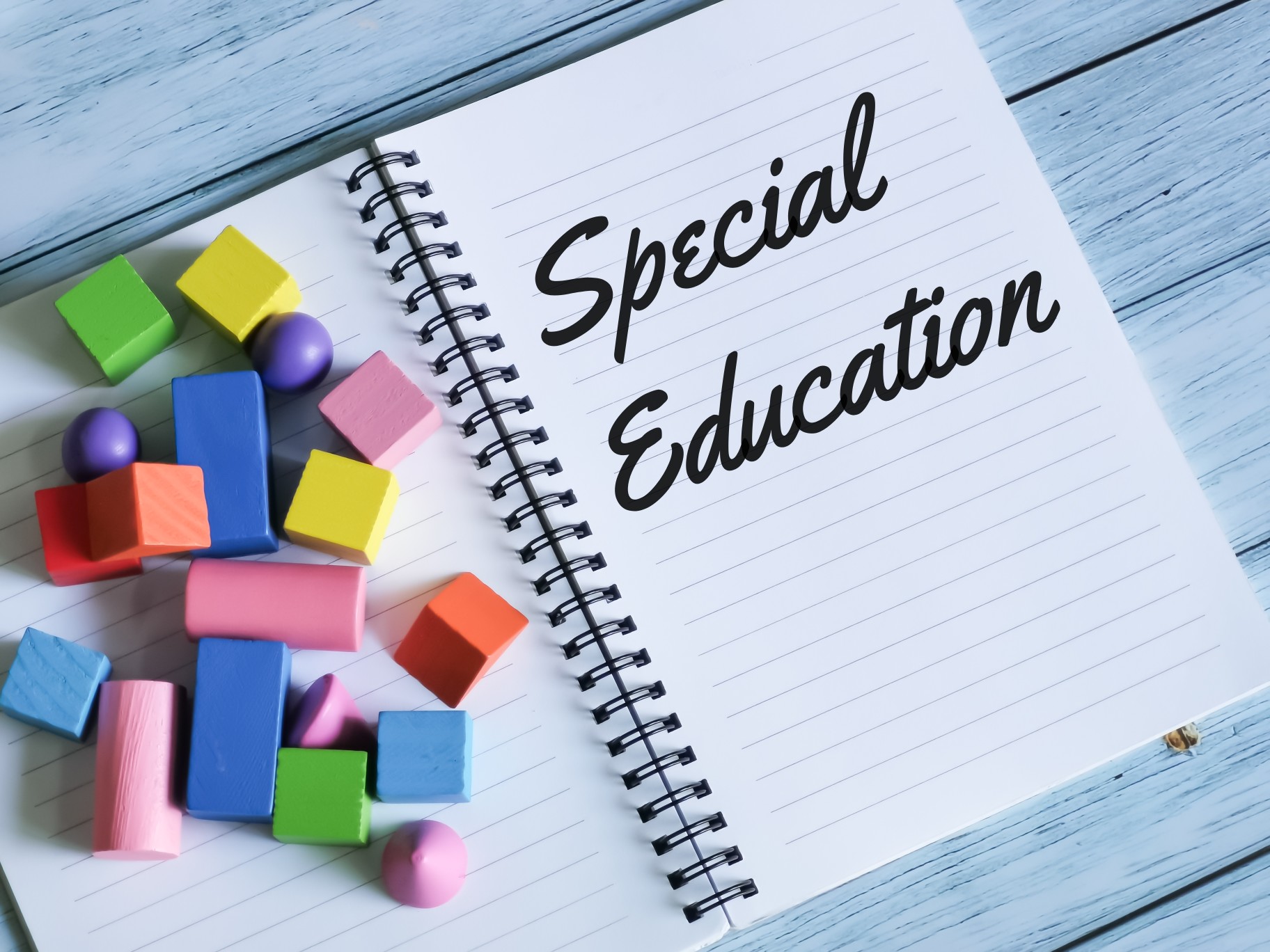
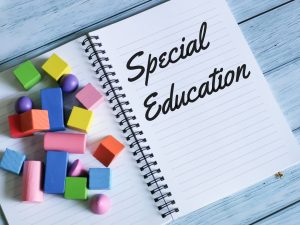 Limited time or resources shouldn’t prevent schools from conducting informal and formal assessments of students with disabilities, including those with significant cognitive disabilities. In fact, collecting high-quality data about a student’s performance can guide educators in making more informed decisions about instruction and individualized supports, said the National Center on Educational Outcomes,
Limited time or resources shouldn’t prevent schools from conducting informal and formal assessments of students with disabilities, including those with significant cognitive disabilities. In fact, collecting high-quality data about a student’s performance can guide educators in making more informed decisions about instruction and individualized supports, said the National Center on Educational Outcomes, 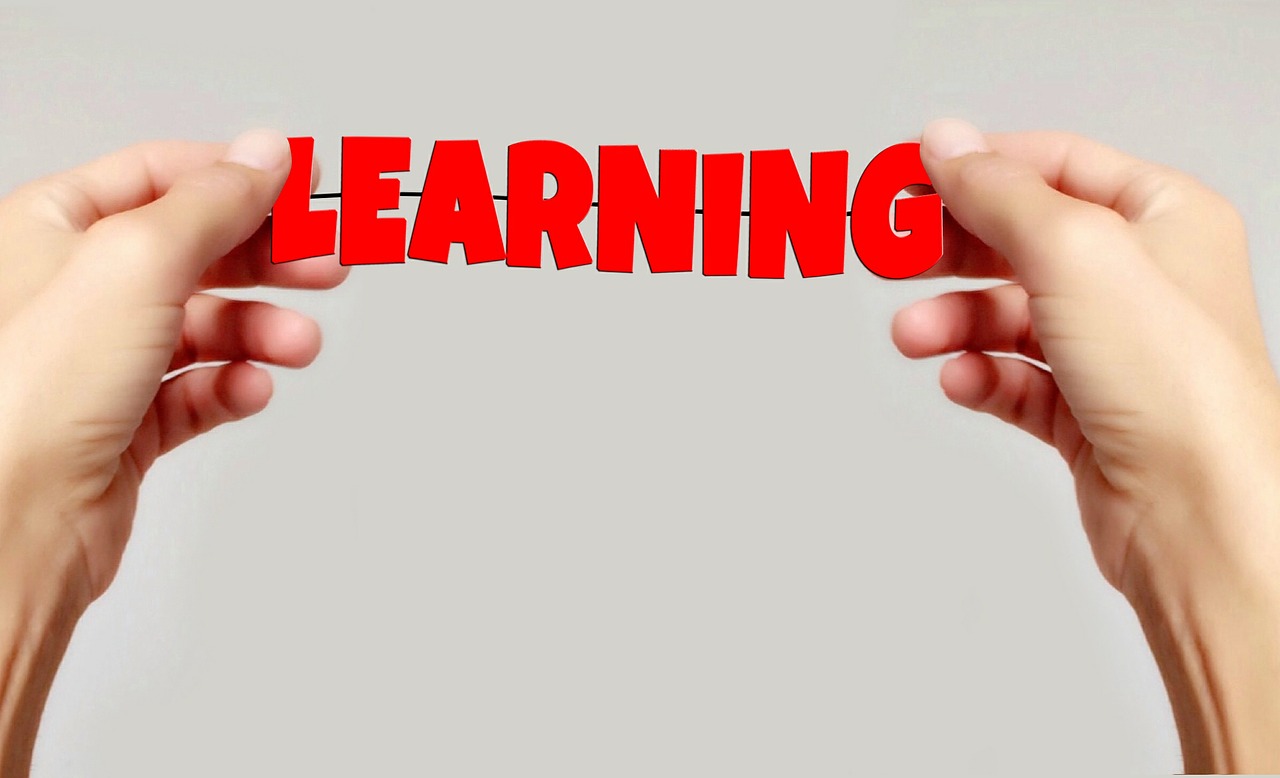
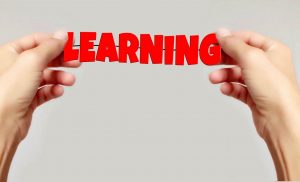 More than half of states are falling behind in meeting their responsibilities to students with disabilities under the Individuals with Disabilities Education Act, federal officials say.
More than half of states are falling behind in meeting their responsibilities to students with disabilities under the Individuals with Disabilities Education Act, federal officials say.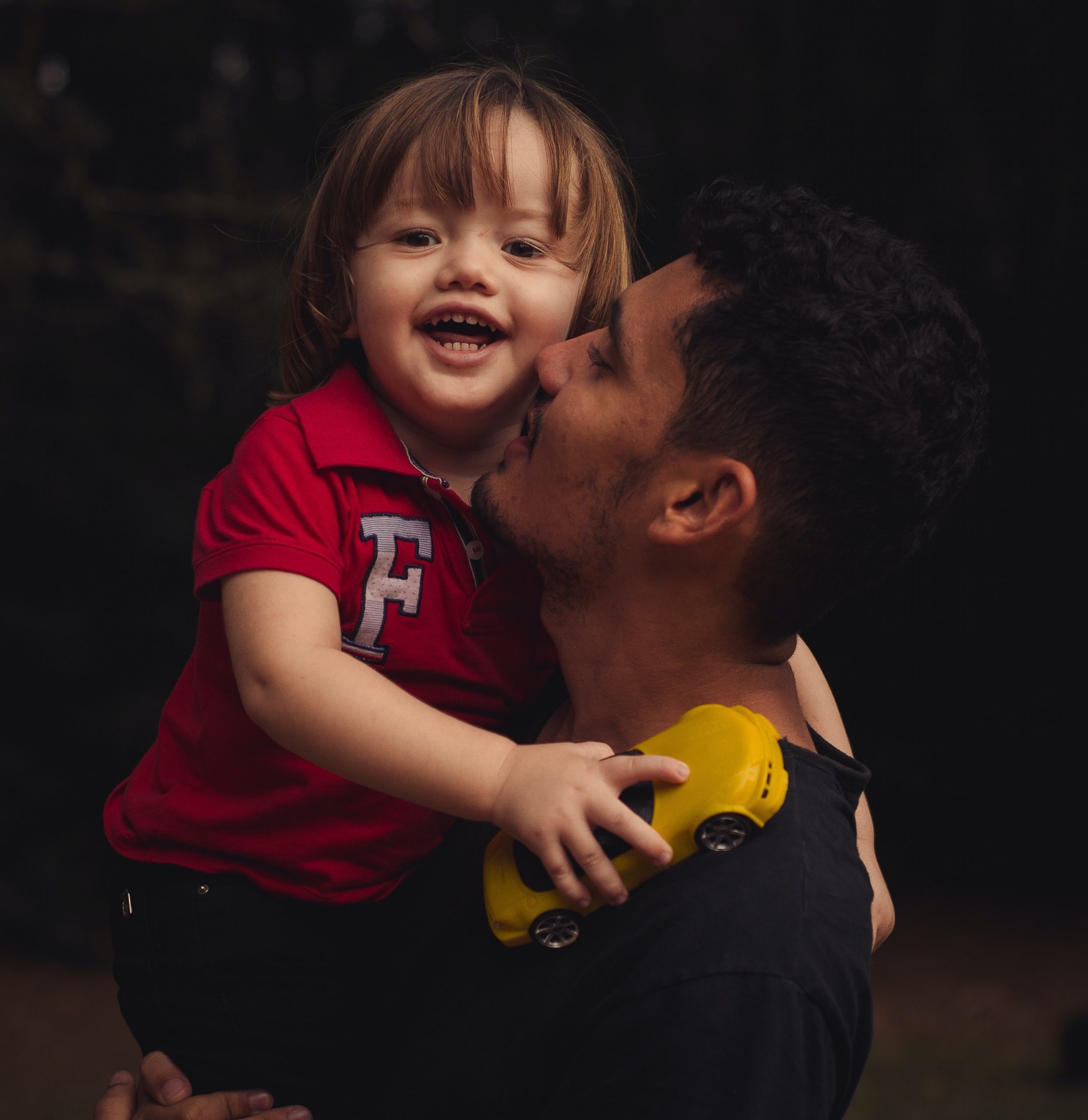
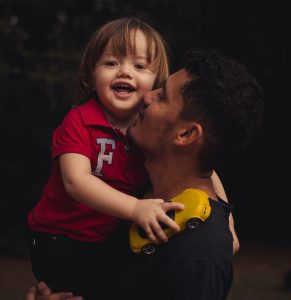 In the United States, an estimated
In the United States, an estimated 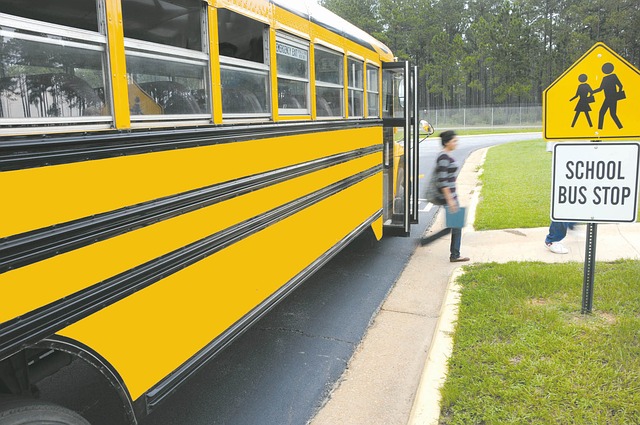
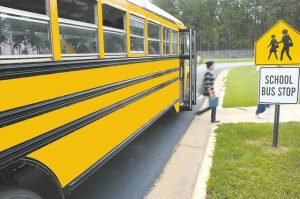 As students return to schools shuttered by the coronavirus pandemic, many large school districts are not prepared to meet the needs of well more than 1 million students with disabilities who have a legal right to receive support and services but are not getting them ― and the problem is most severe for students of color, according to a new report.
As students return to schools shuttered by the coronavirus pandemic, many large school districts are not prepared to meet the needs of well more than 1 million students with disabilities who have a legal right to receive support and services but are not getting them ― and the problem is most severe for students of color, according to a new report. 
 Reading, writing, and math are the building blocks of learning. Mastering these subjects early on can affect many areas of life, including school, work, and even overall health. It’s normal to make mistakes and even struggle a little when learning new things. But repeated, long-lasting problems may be a sign of a learning disability.
Reading, writing, and math are the building blocks of learning. Mastering these subjects early on can affect many areas of life, including school, work, and even overall health. It’s normal to make mistakes and even struggle a little when learning new things. But repeated, long-lasting problems may be a sign of a learning disability. 
 Twice exceptional, or 2e kids are believed to make up at least 6 percent of students in special education — possess high academic aptitude but struggle with ADHD, mild autism, dyslexia or other learning and behavioral challenges. They are notoriously difficult for schools to serve effectively for two reasons, say advocates, parents and some educators.
Twice exceptional, or 2e kids are believed to make up at least 6 percent of students in special education — possess high academic aptitude but struggle with ADHD, mild autism, dyslexia or other learning and behavioral challenges. They are notoriously difficult for schools to serve effectively for two reasons, say advocates, parents and some educators. 

